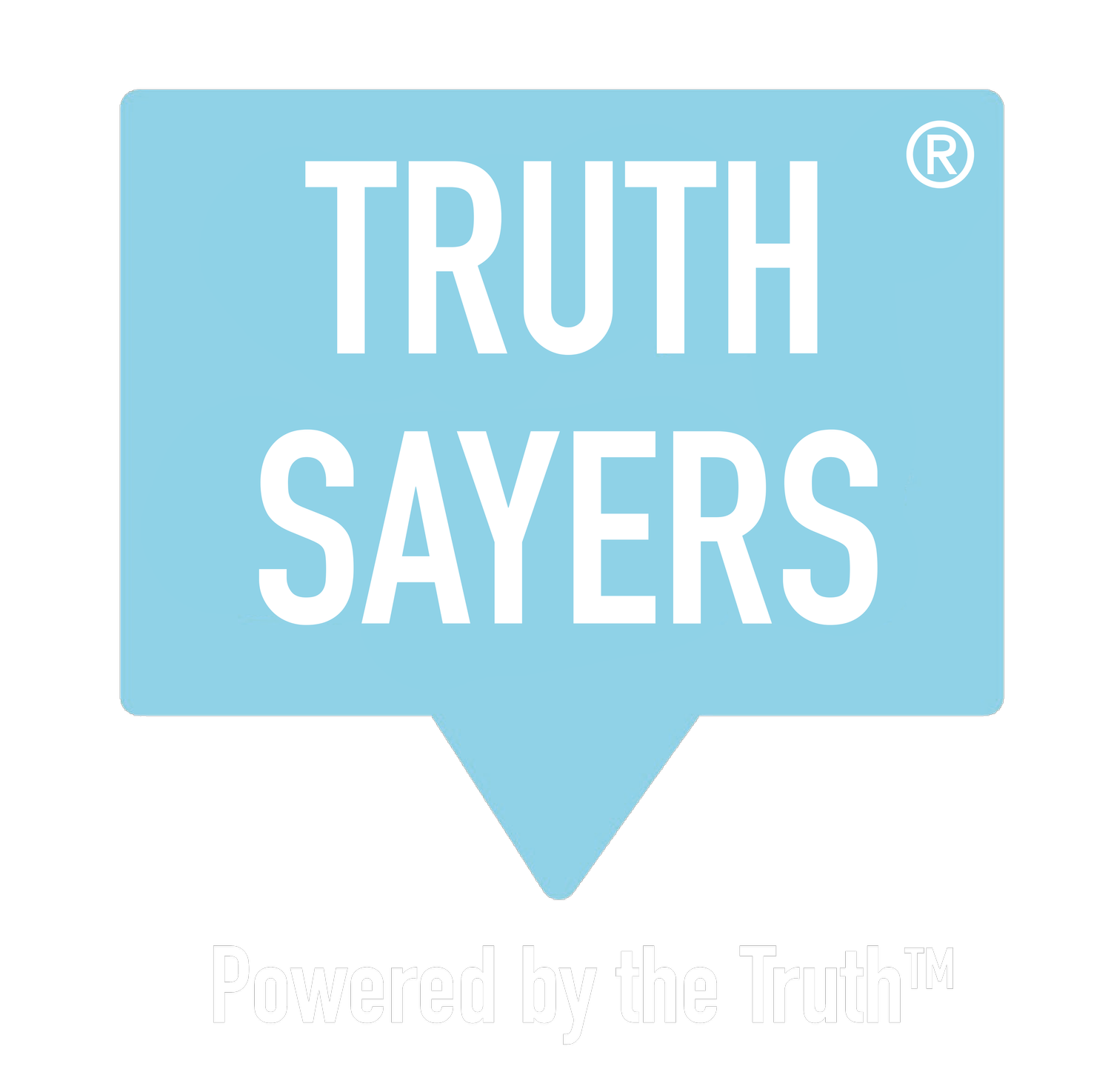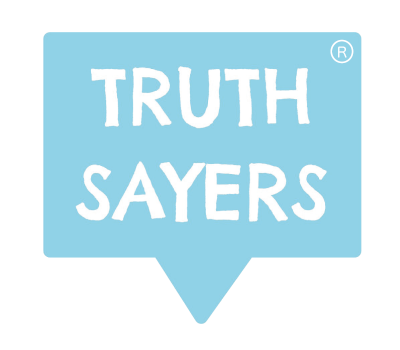How to inclusively support a diverse workforce
“Go to your employees and use a technique such as the Neurotech® approach to find out how people really feel because that’s authenticity ... and then using that, then have open, transparent conversations about the next steps.”
The final episode of this three part conversation between Simon Stapleton, CEO Truthsayers® and Jeff Fox, Principal at Aon, talking about the challenges that leaders are facing and how to navigate their teams through change, whilst still keeping in touch with the individual.
Transcript:
Simon Stapleton: What we've discovered through the number of different surveys and bits of research we've done that not all issues affect all people in same way, particularly when you've got different divisions or teams that are doing different kinds of work and therefore the way they operate is very different, so the issues that surface are more acute one than the other. What have you discovered with working with Truthsayers® Neurotech® around how you have offered advice and help to different parts of the organisation?
Jeff Fox: I think there's no 'one size fits all' approach. That’s always been generally understood, that within an organisation, you've always got a degree of diversity, but I think the tool helps you see that with a reality that's not been previously available, so we can go to that granular level and shine a light on who you are, what your needs are, what works for you in a much better, richer way. So, for us, the tool just sits as part of a whole suite of tools that we can bring to the table, which, frankly, I don't think we were deploying in the best way before. This gives us a way to optimise those tools and help our clients see the value because we can help measure the impact. I think that's one of the crucial things for me here is you've got a workforce that are very diverse, how do you help see the best things that you can do for your workforce? Well, this tool really helps give you that vision, that insight into the recommendations that can be then brought to the table. I think that's the crucial difference.
SS: Particularly when it comes to the future of work and new operating models, which have yet to emerge, I'm sure there's going to be a quite a bumpy two or three years ahead of us where organisations are refocusing and reshaping. A tool like this is going to give early warnings for any of those issues that are arising due to that considerable shift in people's work patterns.
Jeff, leaders have got quite a challenge ahead on how to stay up to date and get the insights into what changes are affecting their workforce and obviously, change can be quite painful for some people. What would your advice be to leaders who want to help navigate their teams through that change, and to do that so it doesn't involve more burnout and further issues?
JF: There's a key word as I was listening to the question there Simon, that just came to mind and it's the word of authenticity. I think that's what I would see leaders having to embrace. And that's a big word, and it means quite a lot. For me in the context of the question, it's about being authentic about who you are, and accepting that. You've got strengths, you've got weaknesses, and both should be embraced. I think the idea of the leader as, “I know everything, I'm flawless, follow me and all will be well”, I think that concept needs to change. There's a whole slew of insights around being a coach, as a leader, but being authentic to me is that is the key word. I think that ties in really nicely to this whole debate that we're having here, around having the honesty to go to your employees and use a technique such as the Neurotech® approach to find out how people really feel because that's authenticity - you can see that in the responses that you get - and then using that to then have open, transparent conversations about the next steps. And I think that's the key for me. The leaders that are authentic will be the ones that succeed in any sort of post-pandemic world. It's a tough path - it's not a path that a lot of leaders have taken because sometimes it's just easier to tell people “just do this” - that's the easy part. The hard part is to be authentic and be open and not necessarily know all the answers, but by being inclusive in that way, by bringing people into that, it helps them feel authentic and in business, results just flow from there. You have to trust people in this new world where we can't watch everyone every second of the day - you have to trust people. So being authentic as a leader is really how you lead from the front. That's the key word that I keep coming back to time and time again Simon.
SS: So, Jeff Fox from Aon - thank you very much. Thanks for joining me.
JF: You’re very welcome Simon. Speak to you again soon.
Find out more about Reflection: Aon’s Next-Gen Employee Listening Technology, powered by Truthsayers® Neurotech®
Find out more about partnering with Truthsayers

